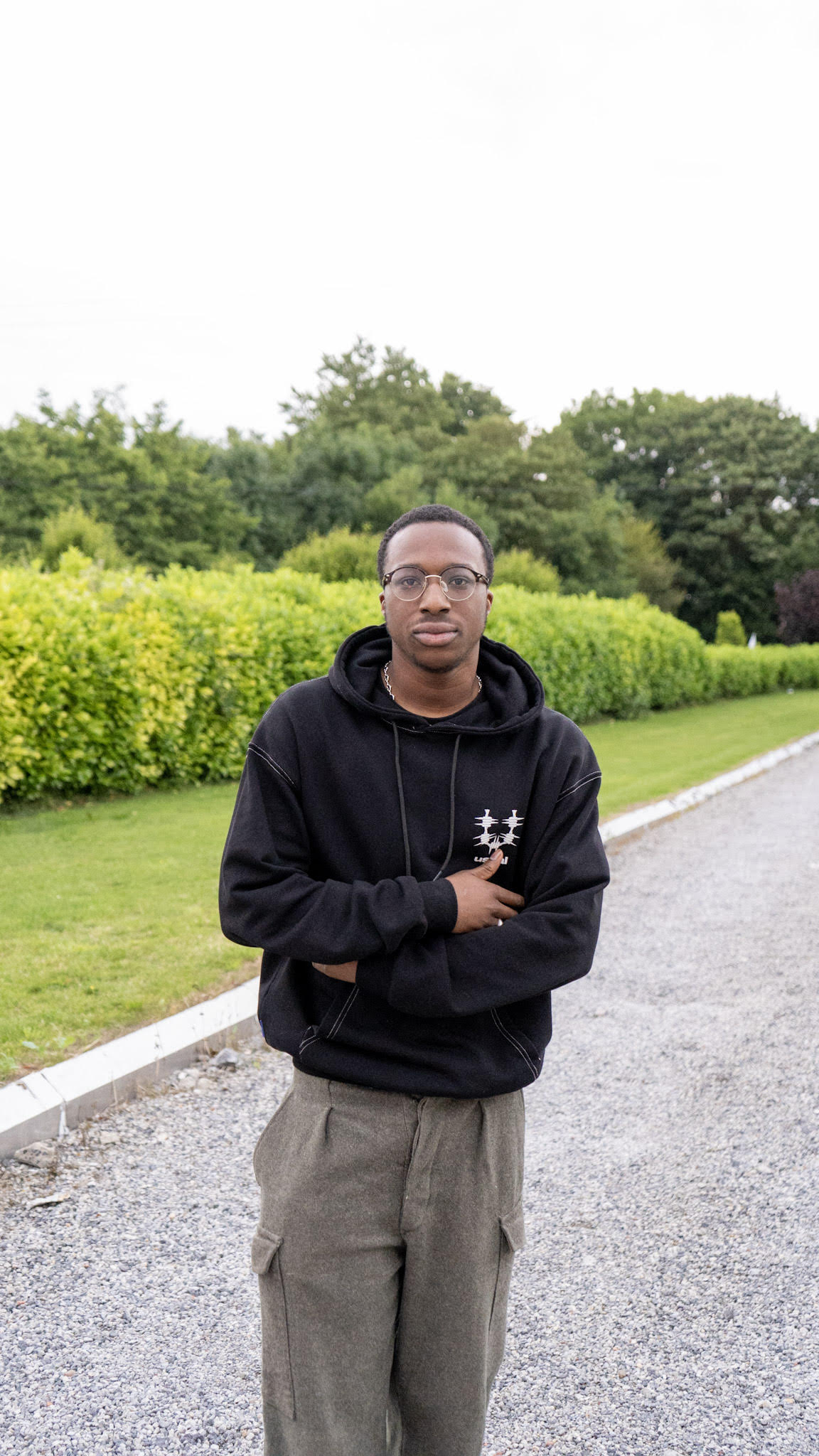Ẹkáàbọ̀
Category: Interior
Competitions: Home Competition 2024
Ẹkáàbọ̀ (E-Kha-Boh) Is a collection of customisable modular ceramic molds aimed at introducing a younger generation to traditional African ceramic practices. Through engaging with the younger generation, the project seeks to encourage the continuance and evolution of these traditions while also empowering communities to adapt to changing social and economic conditions. By utilising modern design techniques, the molds make the production of ceramics more accessible and adaptable to contemporary needs and aesthetics. Created with input from artisans, designers, and educators, their modular design allows for the production of a variety of forms, that can be sold locally and in export markets. The product, Ẹkáàbọ̀, takes its name from the Yoruba word meaning "Welcome home". Ẹkáàbọ̀, allows artisan to reflect their unique style and cultural heritage in the product. Once the vessels are fired, they can be used for various purposes such as storing liquid water or serving food or transported to export markets to be sold to consumers who appreciate handmade and traditional crafts. To provide transparency and traceability in the supply chain, each vessel produced using the Ẹkáàbọ̀ molds is marked with a QR code tag. When scanned, the QR code provides information about the community the vessel came from, the artisan who made the vessel, and the meaning behind any markings or symbols on the vessel. This feature allows consumers to learn about the rich cultural heritage of the artisans and the communities where the vessels were produced, and it also helps to prevent the sale of counterfeit or imitation products. The Ẹkáàbọ̀ product has the potential to generate sustainable income for rural artisans, promote local economic development, and preserve traditional crafts and cultural heritage. With increased access to the modular ceramic molds and a streamlined production process, artisans can increase their output, improve their income, and enhance their skills.

